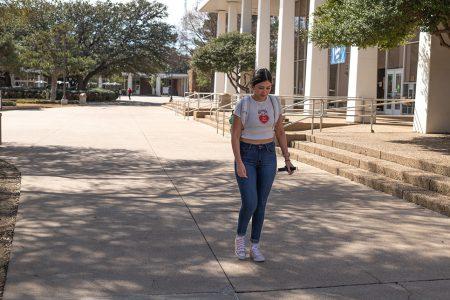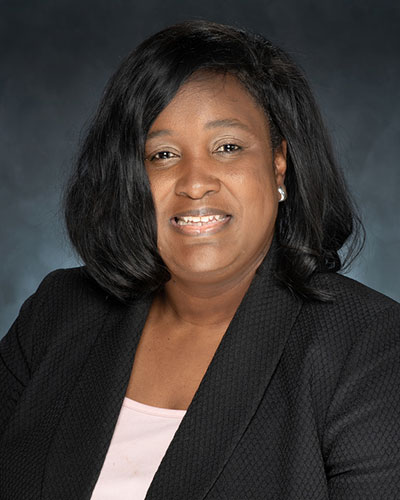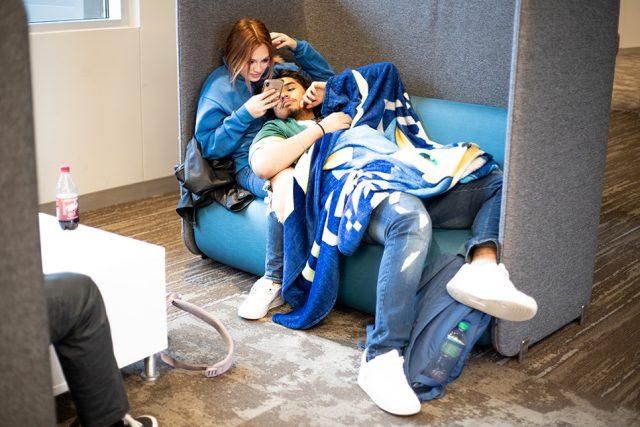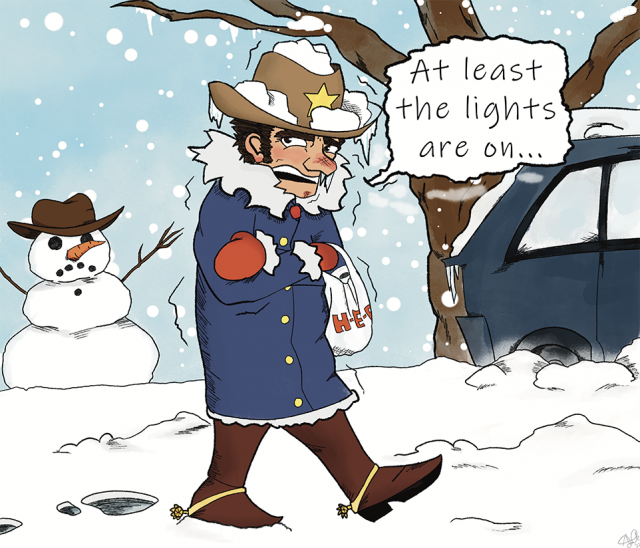
Joel Solis/The Collegian
ALEX HOBEN
photo editor
alexandra.hoben@my.tccd.edu
The social repercussions of COVID-19 will be felt for years to come.
While living through this event, with new variants and sub-variants appearing around the world, it’s difficult to objectively analyze the effect COVID will have had on society. Especially when not everyone is convinced the pandemic will be resolved.
“I honestly feel like it might start looping,” NE student Noah Sessom said.”The pandemic will never really end.”
Sessom attributes his feelings to the constant push-pull of cases to new variants.
“If you’re constantly thinking about the pandemic and your potential end all the time and the what-ifs of everything, it’s constantly draining,” Sessom said.
NW department chair of behavioral sciences Jay Green explained the isolation period, while necessary, went against the fundamentals of human nature.
“Humans are social animals, we’re pack animals,” Green said. “We are not wired to be alone for that length of time. That’s why you saw the rise of mental health problems that you did. That will be long lasting too.”
Green worries about the remaining effects COVID will have on the mental health of the population. He estimates researchers will see increased cases of both anxiety and depression, and they will be met with inaction and indifference.
“We do a terrible job in this country with mental health,” Green said. “An awful job.”
As the pandemic continues, many have begun questioning when things will return to normal. But for some students, the definition of normal has been changed.
“I don’t think we will revert, as a society, to how we once were,” NE student Nicholas Lolin said. “Not completely.”
He said as long as there are generations of people who have gone through COVID, things can’t go back to exactly how they used to be.
He went on to say how in perhaps 100 years when the generation who went through this pandemic in its entirety has died, then those in the future will talk about COVID with the same sense of relief that generations have about previous pandemics.
While it will take years to truly understand the full ramifications that this pandemic has had, there are still settings where major consequences can be seen already. NE child center interim director Barbara Smith said she has already seen changes in the next generation of children she works with.
“We found that the children could not acknowledge that there was someone else in the room with them,” Smith said.
According to Smith, the children were exhibiting behaviors that they learned through watching and replicating what their parents were doing during the isolation period. The children would often see their parents working, so they would work too.
“They emulated what they saw with their parents,” Smith said. “Their parents were busy, so the children became busy.”
Smith noticed that they would use hand gestures implying they were on a Zoom call when asked a question, they would play next to each other instead of together and were markedly less patient. These were some of the major changes with the children when the daycare reopened in August. But Smith is sure that these issues can be worked on in the coming years.
“The social-emotional part for them, I would say, is the weakest area,” Smith said. “It’s possible to catch up. There’s a gap, we know about the gap.”
Smith stressed how, if these children are to get back to the level of social interaction to even out the effects of the pandemic, parents need to have an active role in the child’s life.
“Self-care and the concept of loving and caring for others can be shared,” Smith said.
While she said the best way to get out of the pandemic is through the sharing of love and understanding, she also said she still has to be wary of the possibility of infection for the safety of herself and the children she takes care of. She emphasizes how people need to stay vigilant since COVID isn’t over just yet.
“Our lives do depend on it, and the lives of the children, and the life of this nation, of the world, depends on everyone being thoughtful,” she said.





































